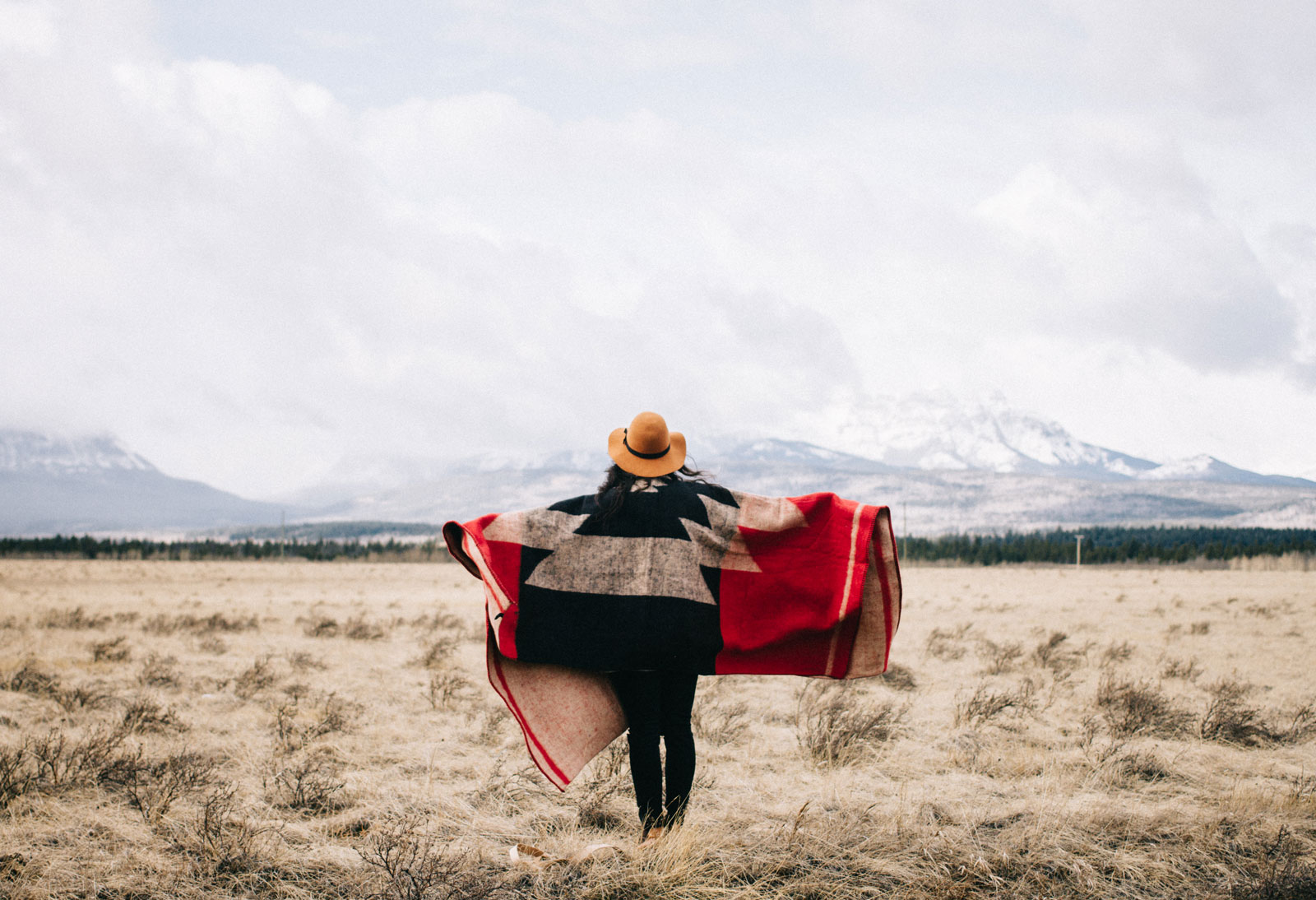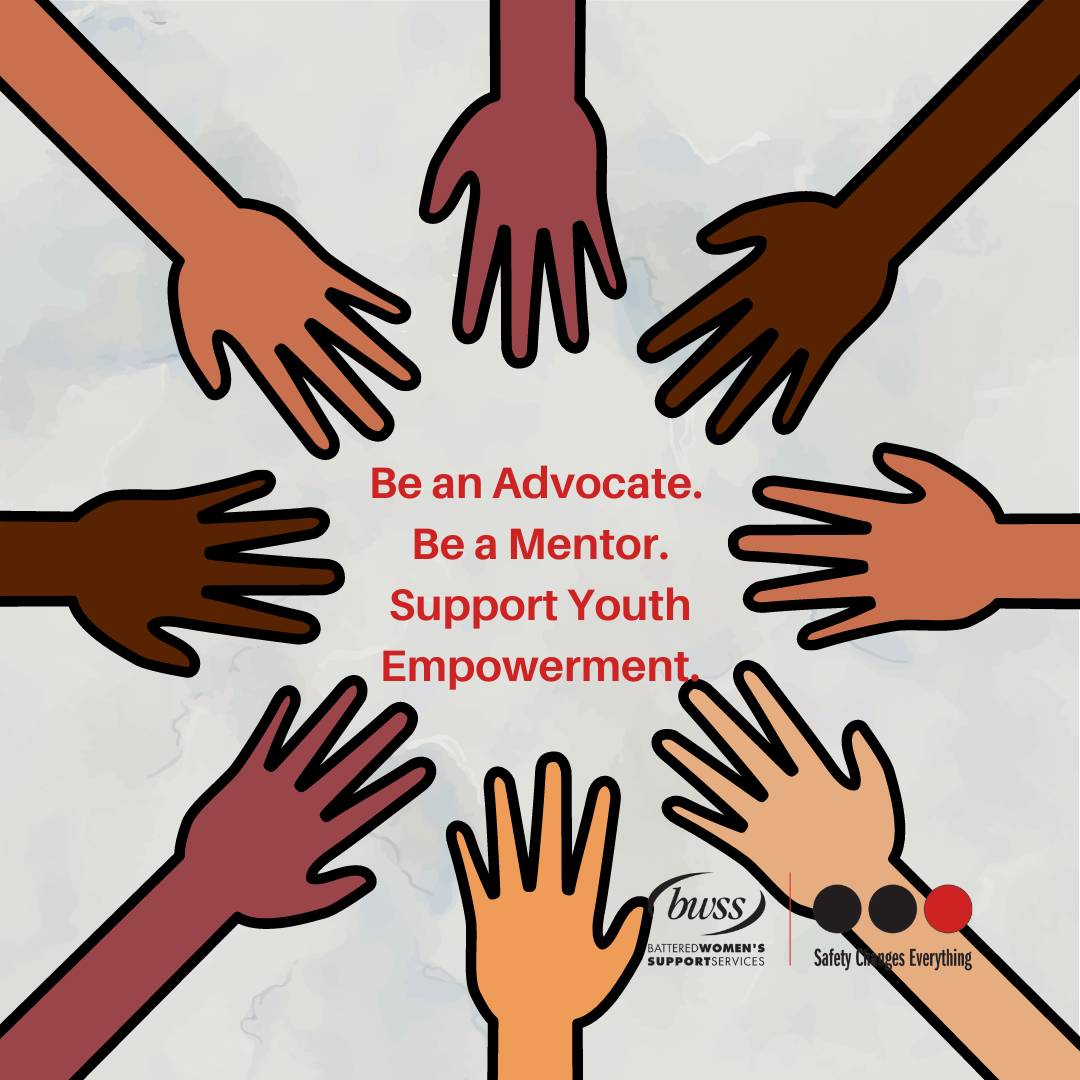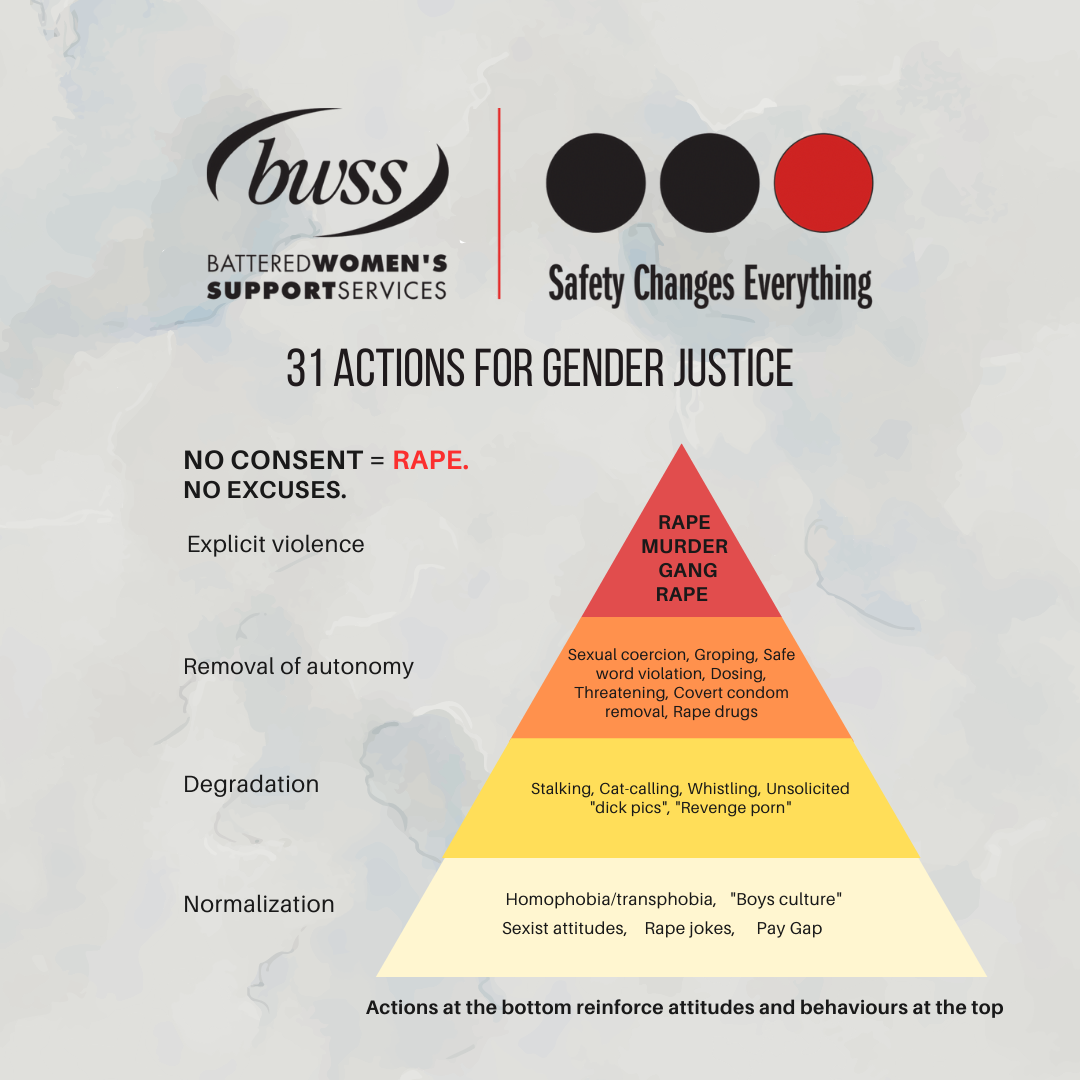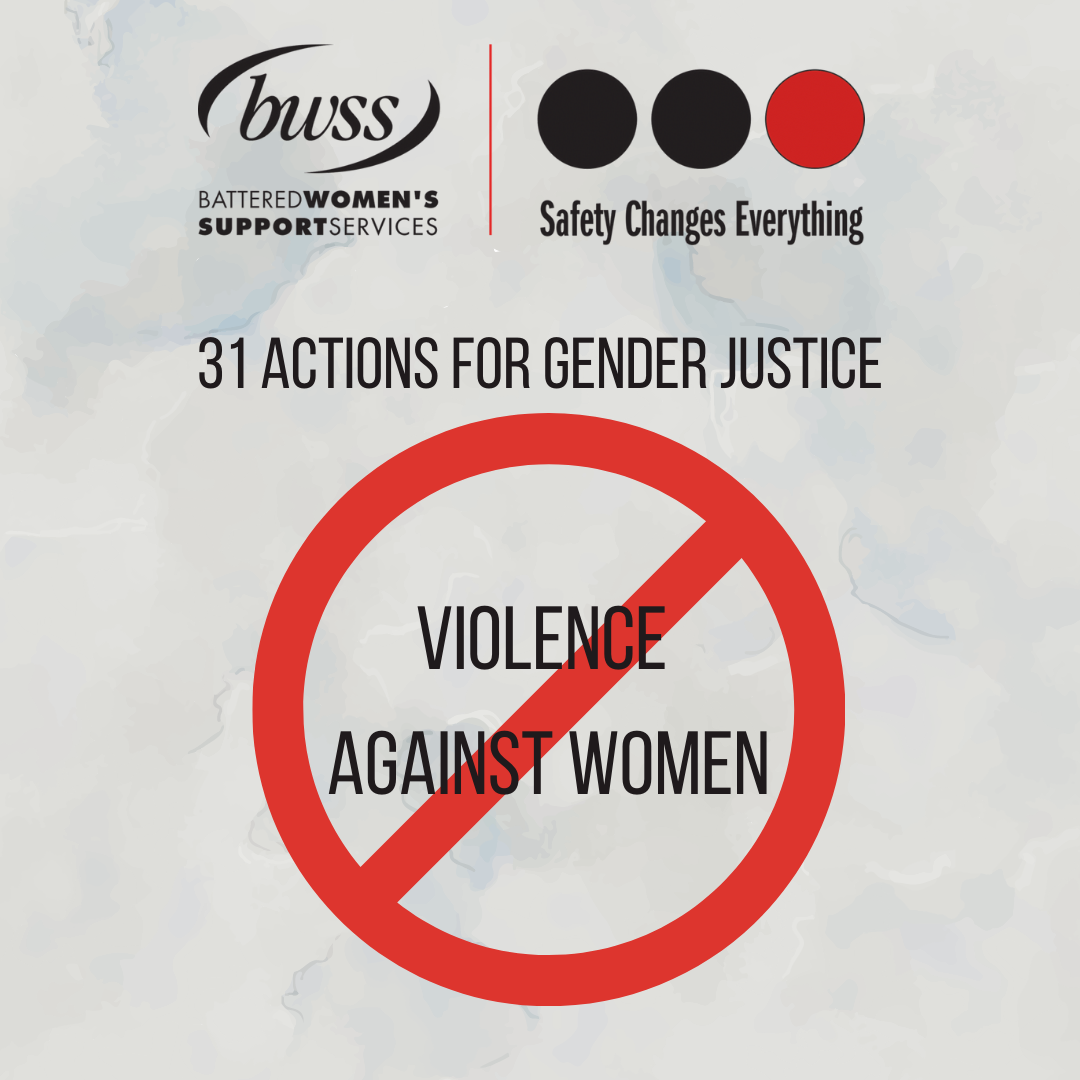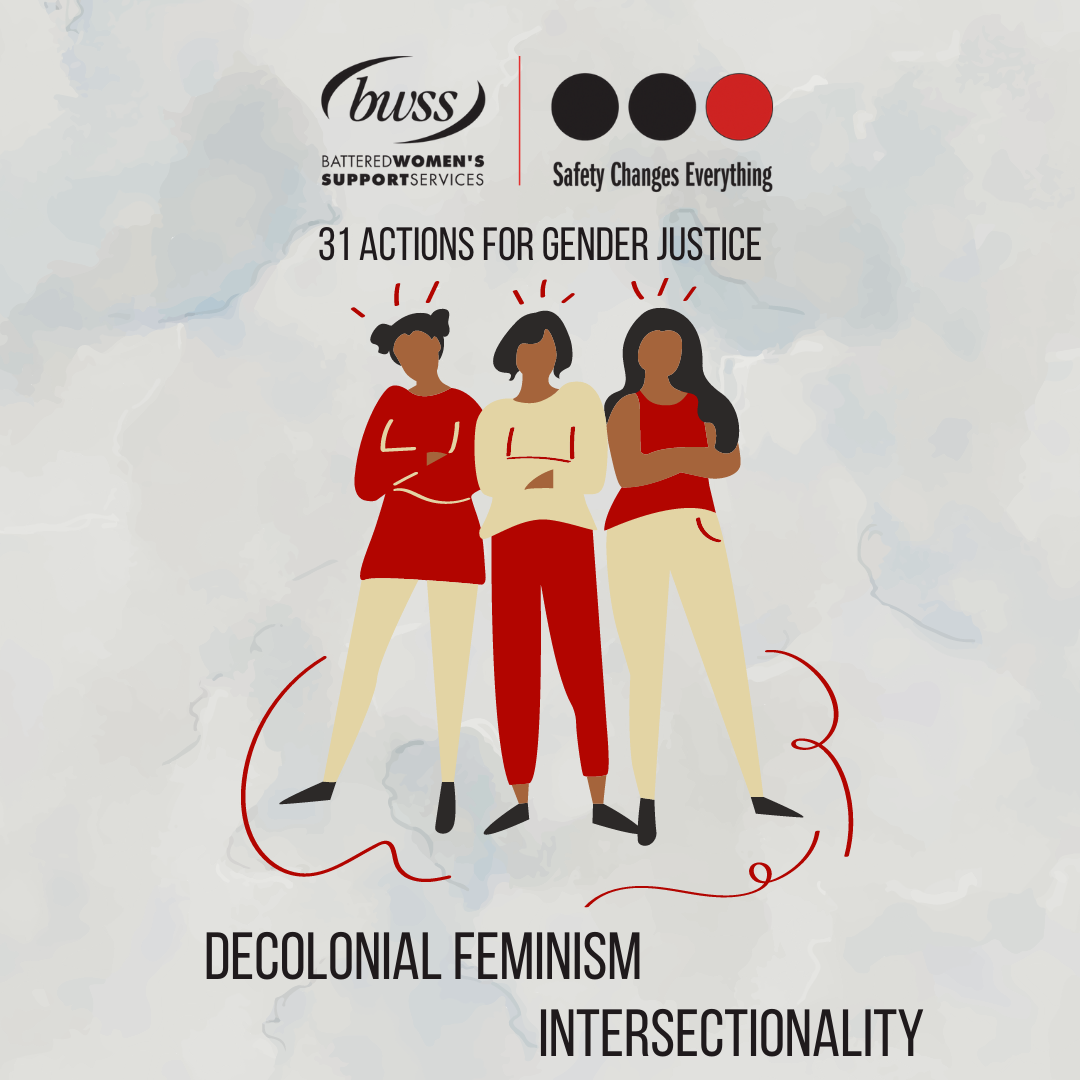Community Based Responses that Advance Healing. Interventions that Transform

Community-Based Responses that Advance Healing.
Interventions that Transform.
Through keynote and panel presentations we will identify and address the structural pathologies that oppress diverse communities who access our support while sharing interventions that transform. These community-based responses position our communities at the center. Our approaches provide safe healing spaces for participants to stand in their own power while working to redress harm.
Day One: Tuesday, March 30, 2021
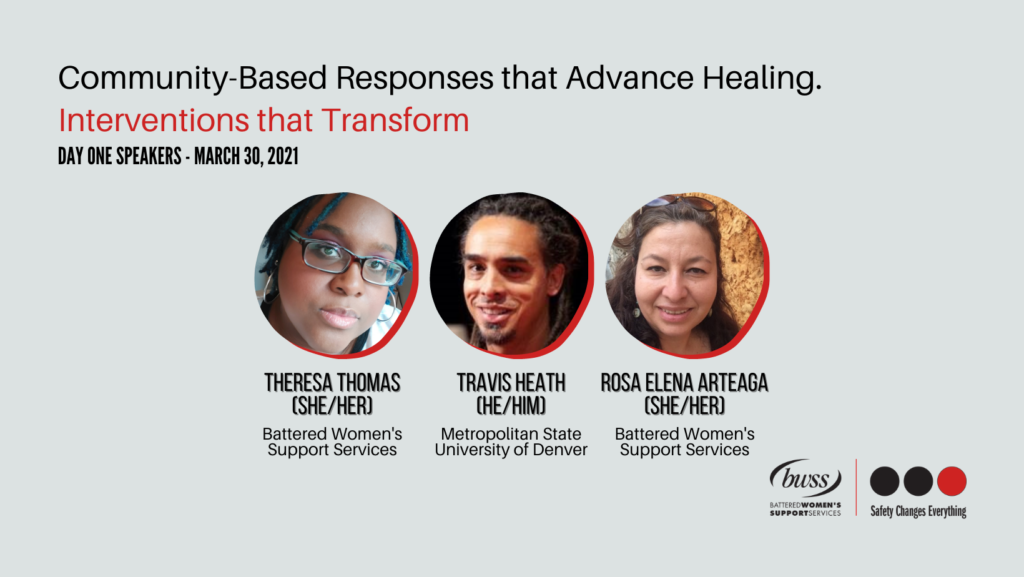
10 AM – Keynote: Travis Heath (he/him), Metropolitan State University of Denver– Community Care and Abolition Inspired Approaches to Psychotherapy
11 AM – Panel: Theresa Thomas, Rosa Elena Arteaga and Travis Heath
1 PM – Workshop with Theresa Thomas (she/her) – Compassionate Currency: A Person-Centered Perspective on Addictive Behaviors and Other “Disordered” Coping
About the presentation: A Medical Model of Health and Wellness or Dysfunction and Disorder is inherently racist, xenophobic, and discriminatory. “Typical” and “mainstream” standards only apply to a very specific type of privileged minority. And yet, these are the standards utilized to assess mental, emotional, and physical health and well-being. The use of substances for example has been politicized and weaponized to target those who would be denied any other methods of coping and survival. As conscientious citizens, support people, front-line workers, or even open-minded individuals, we are not exempt from having internalized these largely discriminatory messages. Failure to identify and analyze how these messages impact our thinking, our empathy and our ideas will limit our ability to empathize and provide useful, valuable, and life-changing supports.
Let’s explore together these uncomfortable concepts together and learn how to be more effective in our support work.
2:30 PM – Presentation by Rosa Elena Arteaga (she/her) – We are Multi-storied: Resistance that Heals
About the presentation: An anti-racist intersectional feminist framework where Rosa collaborates with girls and women survivors of sexualized and intimate partner violence to deconstruct the societal expectations that both oppress them and limit their right to stand in their own power, and ultimately denying them the right to live free from violence.
Speakers:
Travis Heath (he/him), Metropolitan State University of Denver
Travis is a licensed psychologist and has served as a professor of psychology at Metropolitan State University of Denver for the last 12 years. In July, he will become an Associate Professor at the University of Denver and assume co-directorship of the International Disaster Psychology: Trauma and Global Mental Health graduate program as well as serve as Director of Diversity, Equity, and Inclusion for the Graduate School of Professional Psychology.
Past work he’s been involved with looked at shifting from a multicultural approach to counseling to one of cultural democracy that invites people to heal in mediums that are culturally near. His most recent work involves incorporating the work of Black abolitionist scholars into psychotherapy, community healing, and uprising. His writing has focused on the use of rap music in narrative therapy, working with persons entangled in the criminal injustice system in ways that maintain their dignity, narrative practice stories as pedagogy, a co-created questioning practice called reunion questions, and community healing strategies. He is currently co-authoring the first book on Contemporary Narrative Therapy with David Epston and Tom Carlson. He has been fortunate to run workshops and speak in Australia, Canada, Denmark, Hong Kong, India, New Zealand, Norway, United Kingdom, and United States.
Theresa Thomas (she/her), Women’s Counsellor, Battered Women’s Support Services
Theresa is committed to helping people achieve freedom from systemic and societal oppression in every capacity. Since moving to Vancouver in 2012 Theresa has been focused on learning the origins and impacts of trauma. Theresa’s therapeutic focus is on trauma intervention, freedom from abuse, substance misuse, and achieving empowerment using largely narrative therapeutic techniques. Theresa has an MCP in Counselling Psychology and is currently an STV counsellor at Battered Women’s Support Services, and coordinates the BWSS Black Women’s Program. Theresa was born and raised in Houston, Texas.
Rosa Elena Arteaga (she/her), Manager of Direct Service and Clinical Practice, Battered Women’s Support Services
Rosa Elena Arteaga has been working in the anti-violence field for over twenty years delivering workshops on violence against self-identified girls and women and providing training to service providers at the national and international level. In her role as Manager of Direct Services and Clinical Practice, she oversees a number of programs within BWSS. Since 2008, Rosa Elena has researched and addressed the issue of battered women being wrongfully arrested and has been successful with a number of police complaints. Rosa Elena holds a Master’s degree on Narrative Therapy and Community Work and she works from a decolonizing, feminist, anti-oppression, practice.
Day Two: Wednesday, March 31, 2021
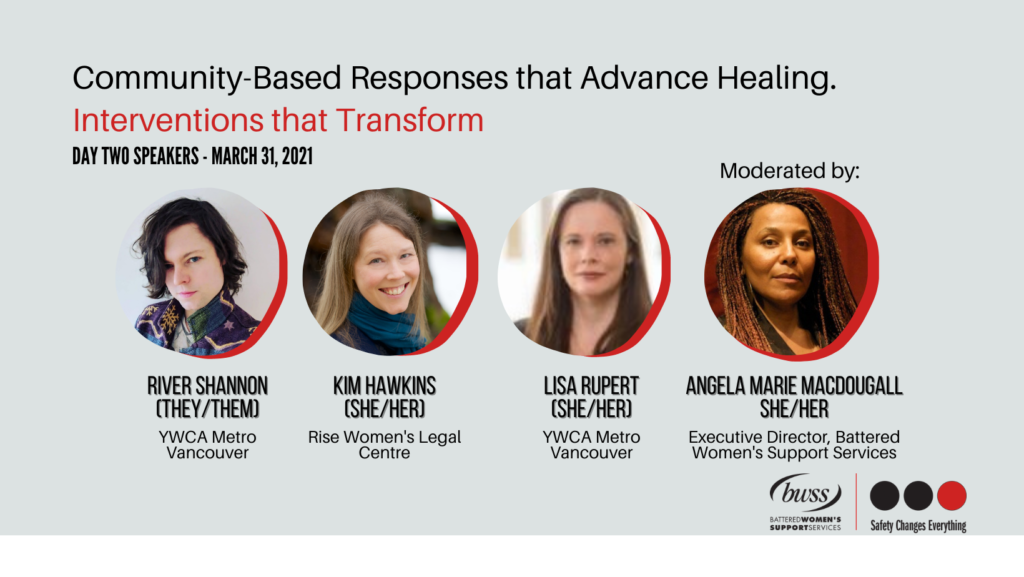
10 AM – Keynote: Kim Hawkins (she/her), Executive Director at Rise Women’s Legal Centre – “Why Can’t Everyone Just Get Along? How BC’s Family Law System Puts Survivors in Danger”
11:30 AM – Panel
River Shannon (they/them), Staff Lawyer, YWCA Metro Vancouver
Kim Hawkins (she/her), Executive Director at Rise Women’s Legal Centre
Lisa Rupert (she/her), Vice President (she/her), Housing Services and Violence Prevention, YWCA Metro Vancouver,
Moderated by Angela Marie MacDougall (she/her), Executive Director, Battered Women’s Support Services
Speakers:
River Shannon (they/them), Staff Lawyer, YWCA Metro Vancouver
River Shannon is a staff lawyer and legal educator with the YWCA Metro Vancouver, where they provide free legal services to women living in YWCA Housing who have experienced violence from an intimate partner. River also facilitates free workshops for the general public on a broad range of legal issues, advocates for positive change in the community, and supports YWCA outreach and support staff in navigating BC’s courts and institutions.
Kim Hawkins (she/her), Executive Director at Rise Women’s Legal Centre
Kim Hawkins is the founding Executive Director at Rise Women’s Legal Centre which opened its doors in 2016. She came to Vancouver via Whitehorse, Yukon Territory where she worked for many years as a staff lawyer at a busy legal aid clinic, practising mainly in the areas of family, criminal and child protection law. While in Whitehorse she also spent two years as a judicial clerk, worked as an investigator at the Yukon Human Rights Commission, and served as President of the Board of Yukon Women’s Transition Home Society. From 2007 to 2008, Kim worked on strategic constitutional and human rights litigation at the Legal Resources Centre in Grahamstown, South Africa. She holds a J.D. in Law from the University of Victoria, and a Masters in International Human Rights Law from the University of Oxford. When she isn’t in the office, Kim enjoys baking bread, yoga, and puttering around her community garden plot.
Kim was born and raised in Victoria BC, in the unceded territory of the WSÁNEĆ (Saanich) Nation and is grateful to now live, learn, work and play on the unceded lands of the xʷməθkʷəy̓əm (Musqueam), Tsleil-Waututh (Burrard) and Sḵwx̱wú7mesh (Squamish) Nations. She is also deeply thankful to her many teachers from Yukon’s First Nations.
Lisa Rupert (she/her), Vice President, Housing Services and Violence Prevention, YWCA Metro Vancouver
With over 27 years of front-line experience working with women who have experienced violence from an intimate relationship, Lisa Rupert is currently the Vice President of Housing and Violence Prevention for the YWCA Metro Vancouver. She oversees ten housing communities for women and their children, 3 second-stage transition houses, and the YWCA’s PEACE, Legal Education, and Outreach programs. Throughout her career, Lisa has worked on projects that have influenced policies to support women leaving abuse. Through a collaborative approach and ongoing advocacy for the clients she serves, Lisa has created and implemented programs facilitated workshops, been an active media spokesperson and a dedicated volunteer on housing and violence prevention services across Metro Vancouver. She is a current member of the Board of Directors for the BC Society of Transition Houses, sits on the Vancouver Police Domestic Violence and Criminal Harassment Unit Community Advisory Committee and the FREDA Community Advisory Committee.
Moderator: Angela Marie MacDougall (she/her), Executive Director, Battered Women’s Support Services
Through her community-based organizing, frontline work and activism over three decades, Angela Marie MacDougall has been deeply involved in movements for social justice. Since the nineties, Angela has developed training curricula from an intersectional and anti-oppression framework while her work as a trainer with community-based organizations, systems players, universities and in the larger public sphere has always emphasized the influence of a community-based response toward gender, racial, economic justice. Angela’s impact includes the development of empowerment and advocacy-based program and service delivery models that address gender-based violence and violence against women that are grounded in strong theoretical frameworks that include feminist trauma-informed analysis that integrate the role of substance use and mental wellness.
Angela Marie MacDougall is a founding member of Feminists Deliver a provincial organization dedicated to shedding a light on the urgent issues facing marginalized communities in British Columbia and the grassroots struggles leading the way for transformative change while build transnational connections between grassroots intersectional feminist movements; and re-envisioning the global women’s agenda as one that centers a diversity of grassroots intersectional feminist voices. She is a long-standing member of Vancouver’s February 14th Women’s Memorial March, the first women’s memorial march was held in 1992 in response to the murder of a woman in the Vancouver neighbourhood named the Downtown Eastside. Angela is a founding member of Intersectional Feminist Justice Research and Organizing Collaborative that brings together researchers, academics, data and policy analysts, students and community organizers to provide critical research, data, policy and strategic support for ending violence, gender equity and social justice movements. Ms. MacDougall was named a Remarkable Woman by the City of Vancouver and Vancouver Magazine named her one of Vancouver’s most powerful people.
Day Three: Thursday, April 1, 2021
TBA

